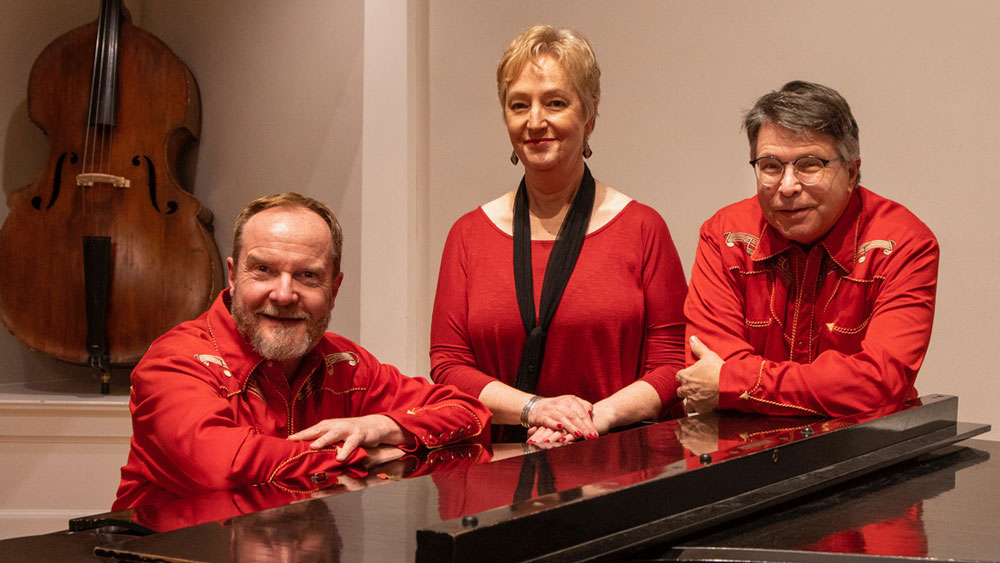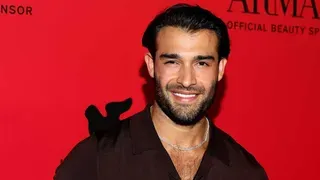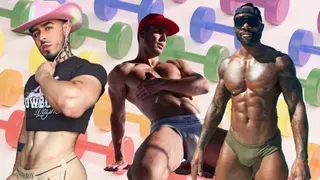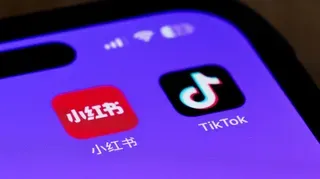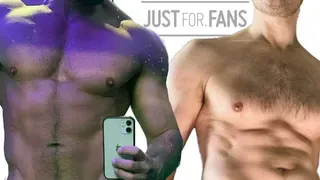January 8, 2024
Barry Manilow Opens Up About His Early Days Playing in a Gay Bathhouse
Kilian Melloy READ TIME: 4 MIN.
The duo proved to be such a hit that the bathhouse had to establish an area to accommodate the fully-clothed audience who were there to take in the music, rather than enjoy the baths. Soon, the two took their show out of the bathhouse – and out of New York – to the wider world.
"Barry put together a terrific band," Midler recalled, "and we played a whole bunch of little nightclubs all over the country."
They also expanded their reach in NYC, playing at places like "Upstairs at the Downstairs, a cabaret on 56th Street that featured singers and comedians like Joan Rivers and Madeline Kahn," THR detailed. "It was at one of those shows that Atlantic Records co-founder Ahmet Ertegun caught their act."
"People were standing on the tables," Midler told the outlet. "And he decided, 'I don't know what this is – but I need to have it.' So he signed me." After something of a false start with another producer, it was Manilow who produced Midler's classic "The Divine Miss M" album from 1972.
Things took off for both of them from there – though, when Manilow got an offer from Bell Records for his own album, Midler reacted with trepidation. "I didn't know where I was going to find another [music director] and I really couldn't have made it without him."
"Manilow agreed to back Midler on her first arena tour," THR narrated, "and, in exchange, she agreed to let him perform three original songs from his 1973 debut album, 'Barry Manilow,' before the start of her second act." Live audiences took an interest in Manilow, but the buying public did not; the album was a flop.
Then Clive Davis entered the picture, along with nascent label Arista, just as Bell Records was folding. With an eye to the business of selling albums via popular singles, Davis convinced Manilow to cover a British song called "Brandy" for his next album, titled "Barry Manilow II." Manilow's first hit – the #1 single "Mandy" – was the result (and no, the song was not about a dog).
All these years later, Manilow is still going strong; he's now married to his longtime partner, Garry Kief; he's been out since 2017; he's still performing; and, THR observed, his musical, "Harmony," written with lyricist Bruce Sussman, has finally premiered on Broadway after a quarter century of development. It's uncannily timely: "Harmony" tells the story of the real-life German group "Comedian Harmonists," a Jewish band that was getting big just as the Nazis were taking over.
From this vantage point, Manilow was able to bring a different perspective to his life and career, noting that for decades he was mum about being gay even though, he admitted, it "was a burden to keep it quiet."
"I was always worried," the "Looks Like We Made It" singer added. "Every interview: 'They're going to ask me whether I'm gay or not.' Nobody ever did, by the way. They never asked me the $64 question."
Kilian Melloy serves as EDGE Media Network's Associate Arts Editor and Staff Contributor. His professional memberships include the National Lesbian & Gay Journalists Association, the Boston Online Film Critics Association, The Gay and Lesbian Entertainment Critics Association, and the Boston Theater Critics Association's Elliot Norton Awards Committee.
